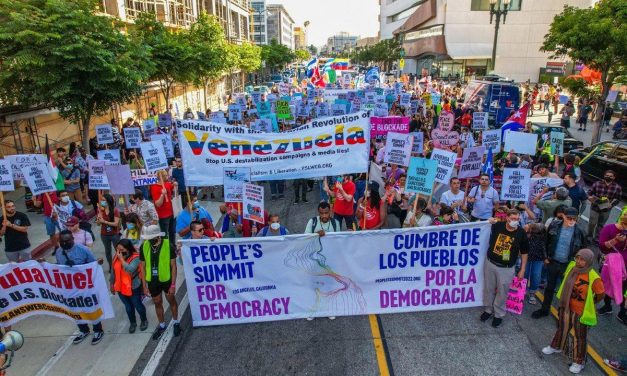Lenin’s so-called “testiment” is a fraud – Dr. Grover Furr – Sunday July 31, 2022 10:30 AM Pacific Time
‘The canonical accounts of Lenin’s last writings accept the version that Lenin left a “testament” that included a number of negative remarks about Joseph Stalin, and that Lenin wished to remove Stalin from the position of General Secretary of the All-Union Communist Party (Bolshevik). This version stems partly from Leon Trotsky, who embraced it eagerly in his campaign to replace Stalin as Party leader; partly from Lenin’s wife Nadezhda Krupskaya; and partly from Nikita Khrushchev and the Khrushchev-era last edition of Lenin’s works, the Polnoe Sobranie Sochinenii (“Complete Collection of Writings”), or PSS.
Professor Valentin A. Sakharov of Moscow State University conducted extensive research in the 1990s on this subject. His 2003 book, Lenin’s “Political Testament”, published by Moscow State University Press, is the result of years of access to and study of many of the archival copies of Lenin’s works, drafts of those works, and originals of other important documents related to the question of Lenin’s “testament.”
A new book by Professor Grover Furr concludes that Lenin’s so-called “Testament” is a fraud, same as Skharov reached earlier and is largely based on that research. The new book by Prof. Furr also examines the role Leon Trotsky, Lenin’s wife N. Krupskaya and his sister Maria Ulyanova played in this fraud. Further, it reveals the errors and falsehoods in the book ‘Lenin’s Last Struggle’ by the late historian Moshe Lewin. Furr’s book also analyzes the role of Lenin’s wife.
Read More




